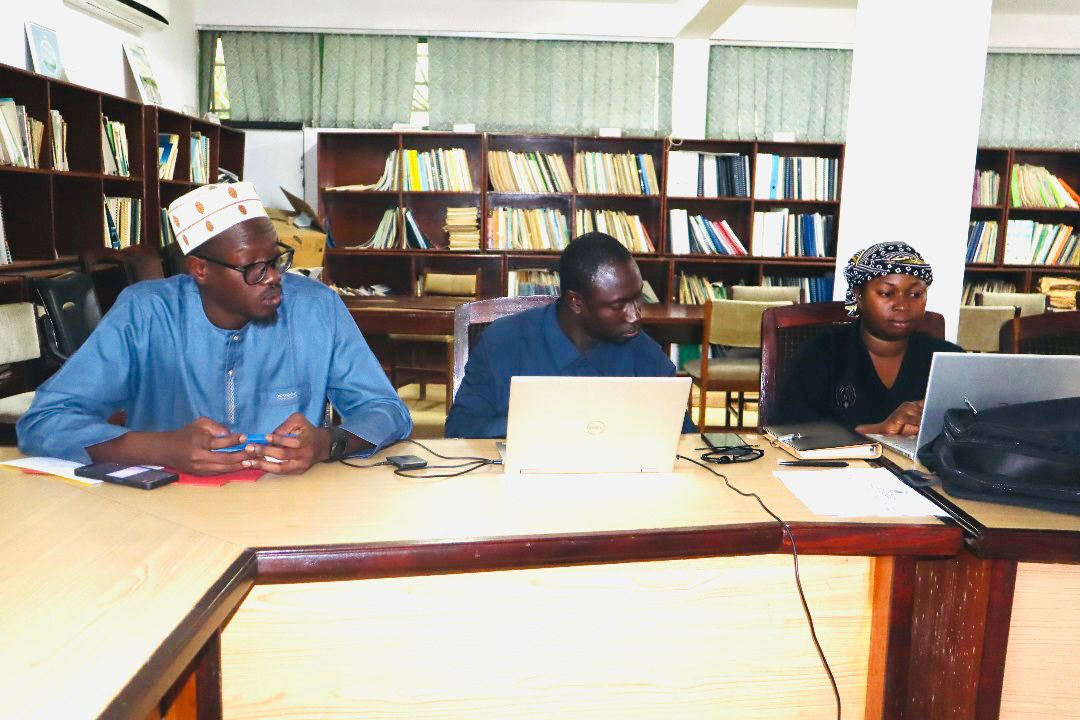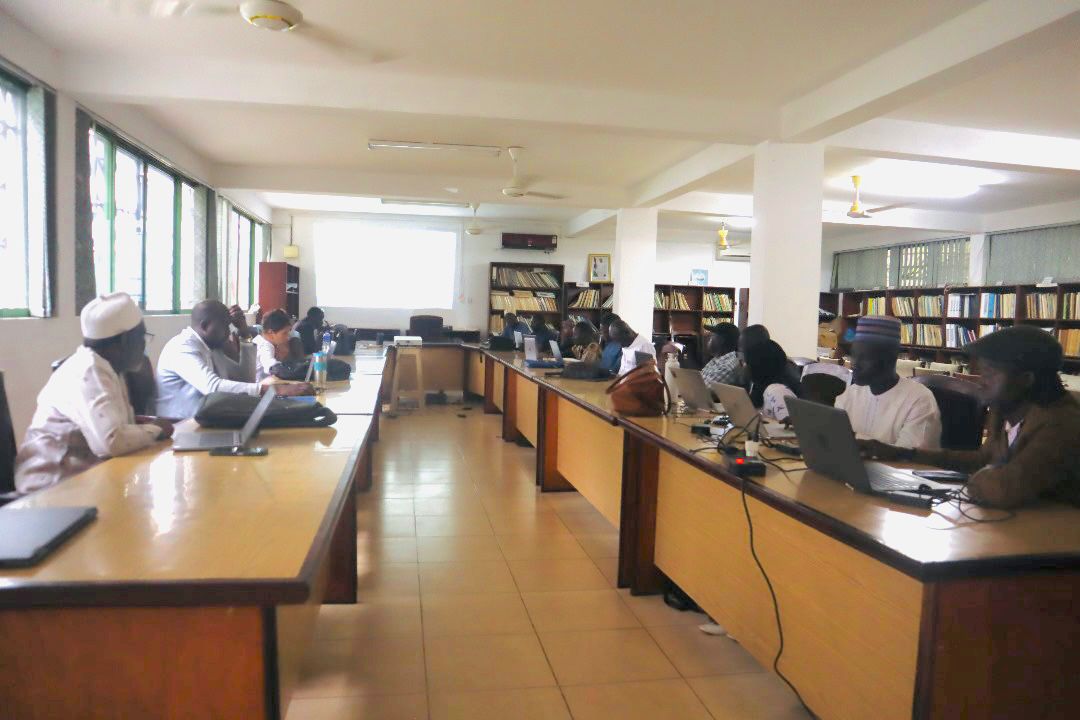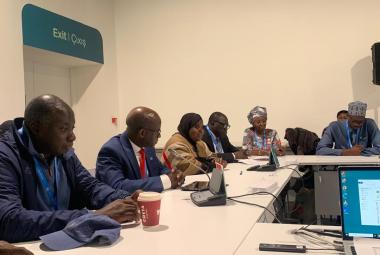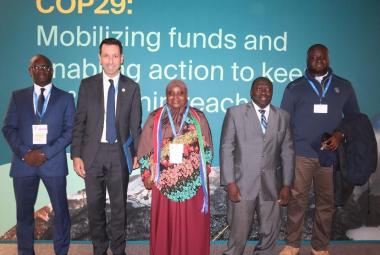As the principal institution responsible for addressing strategic and policy issues related to climate change, the Ministry of Environment, Climate Change and Natural Resources recently validated the draft Carbon Trading Bill. This framework would significantly benefit the country in promoting sustainable development.
As the principal institution responsible for addressing strategic and policy issues related to climate change, the Ministry of Environment, Climate Change and Natural Resources recently validated the draft Carbon Trading Bill. This framework would significantly benefit the country in promoting sustainable development.
Speaking on behalf of the Permanent Secretary, DPS Bubacarr Zaidi Jallow underscored that The Gambia is taking bold steps to address the global climate crisis by introducing a draft carbon trading bill.
‘’This groundbreaking legislation, if enacted, would establish a s national framework for reducing greenhouse gas emissions and promoting sustainable development through the use of market-based mechanisms.’’ DPS Jallow explained.
He revealed that the draft bill outlines a comprehensive approach to carbon trading, including the establishment of a national carbon registry, the development of emissions reduction targets, and the creation of a trading platform where businesses and individuals can buy and sell carbon credits.
By providing financial incentives for emissions reduction, the bill aims to drive investment in renewable energy, energy efficiency, and other climate-smart technologies.
‘’The potential benefits of a well-designed carbon trading scheme are numerous. It can help The Gambia meet its international climate commitments under the Paris Agreement, contribute to global efforts to mitigate climate change and stimulate economic growth by creating new jobs and investment opportunities in the clean energy sector.
Additionally, it can promote innovation and technological advancements, as businesses seek more efficient ways to reduce their carbon footprint.
Engaging in carbon trading presents The Gambia with a unique opportunity to generate revenue from its natural resources and climate-resilient initiatives. By participating in carbon trading, The Gambia can capitalize on its rich biodiversity, such as its mangroves and forests that act as natural carbon sinks. This allows for the generation of carbon credits, which can be sold to developed nations needing to offset their emissions. The revenue from carbon trading can be utilized in renewable energy, sustainable agriculture, and climate adaptation measures, enhancing the Gambia's resilience to climate change impacts.








